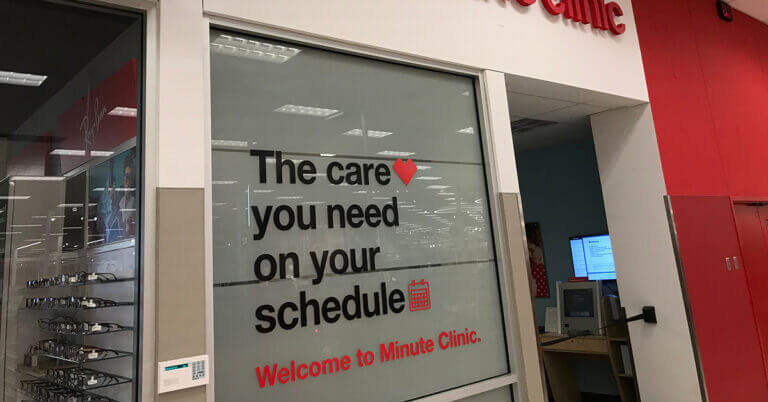July 29, 2019

5-Steps to Ensure Wise End-of-Life Decision-Making
Why is it taboo to talk about death? Too often, American families avoid confrontation with death and suffer from catastrophic emotional, medical and financial consequences. Medicare spends 26% of its funding on beneficiaries in the last year of their life.[1] The majority of Americans receive end-of-life care inconsistent with their values and excessive treatment with high costs that reduces the quality of their life.
It does not have to be this way. Next to the birth of a child, a good death can be a beautiful gift. A time where people reflect upon what matters the most, and have important final conversations that strengthen relationships. Applying advanced-care management leads to better decision-making when hospitals, doctors and patients work together to plan for end-of-life wellness.
Jeff Shields was a good friend of mine who lived a successful career as a healthcare attorney. In the mid-1990s, he transitioned into academia and became the new dean at Vermont Law School. He lived yet another successful career, but cancer cut his tenure short. Instead of spending his final days at a hospital, he spent his last summer on their farm living in the moment, writing letters, taking walks and playing with his grandchildren. Jeff said, “These last couple of weeks, I’ve been surrounded by family and friends. It’s been terrific. Some of the best days of my life…so, I’m still a happy guy.” Death can be a beautiful gift.
Contrary to American belief, talking about death does not cause death. Benjamin Franklin wisely stated: “By failing to prepare, you are preparing to fail.” End-of-life care can be unpredictable and expensive, but it’s when families should withstand pressure and do less. No checklist can cover all contingencies of end-of-life planning, but thoughtful and comprehensive planning can prepare for higher patient satisfaction and lower costs. Dr. David Brown, Founder of Curadux, recommends a 5-step checklist to ensure wise healthcare decisions:
- Assess: Identify what matters most and identify desired outcomes;
- Explore: Understand your medical condition and treatment options;
- Decide: Select treatment options that align with your values and goals;
- Capture: Formalize your decisions in written documents;
- Share: Communicate your decisions to family and professional advisors.
Dr. Brown stresses the importance of
establishing a durable medical power of attorney to speak on your behalf, if
you are no longer capable. Consider other variables like the amount of medical
intervention you desire, where you would like to die and the specifications in
your written will. When patients, doctors, hospitals, legal and financial
advisors collaborate on advanced-care planning, a well-lived life can conclude
on happy terms instead of chaos. Americans deserve the right care at the right
place for the right price. For more information on this topic, please read the
Market Corner Commentary here.
SOURCES
[1] MedPAC, Spending in the Last Year of Life and the Impact of Hospice on Medicare Outlays, June 2015, p. 9





